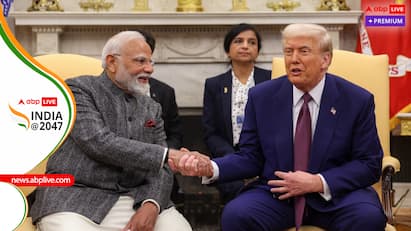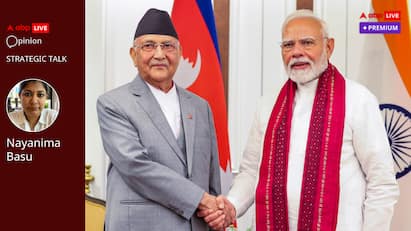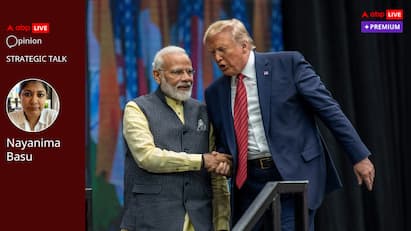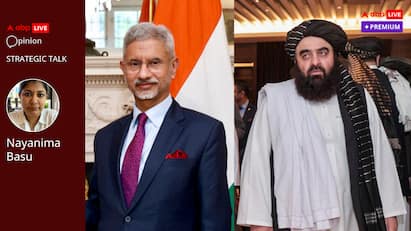Hamas Surprise Attack On Israel Similar To Pakistan Action During Kargil: Ex-Army Chief VP Malik

Gen Malik said armed forces across all countries should learn from the Israel-Hamas war that the capabilities of terrorist organisations have “improved”.
Source : Getty & special arrangement
ABP LIVE Exclusive: Former Army Chief Gen VP Malik (Retd) said why one of the lessons that Indian Army and other armed forces globally need to learn from Israel-Hamas war is the element of ‘surprise’.
New Delhi: Former Army Chief General Ved Prakash Malik (Retd.), who served as the Indian Army Chief during the Kargil War of 1999, has said the manner in which Palestinian militant outfit Hamas launched an attack against Israel on October 7 bears resemblance to what Pakistan did during the Kargil War, intruding into the Indian territory in a surprise move by occupying some of the strategic heights in the Kargil region.
Speaking exclusively to ABP LIVE, Gen Malik said one of the big lessons that
Follow INDIA AT 2047 News on ABP Live for more latest stories and trending topics. Watch breaking news and top headlines online on ABP News LIVE TV











